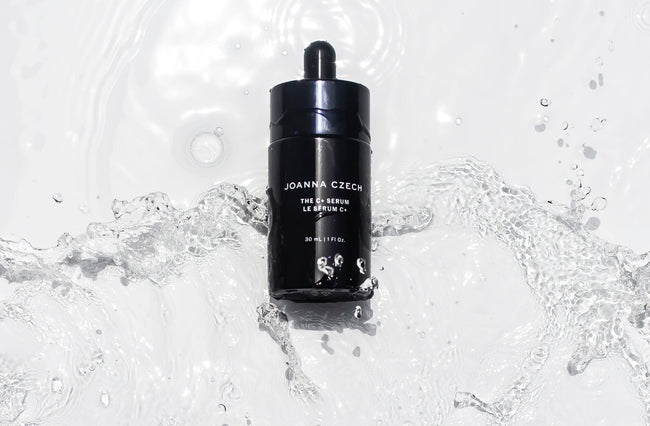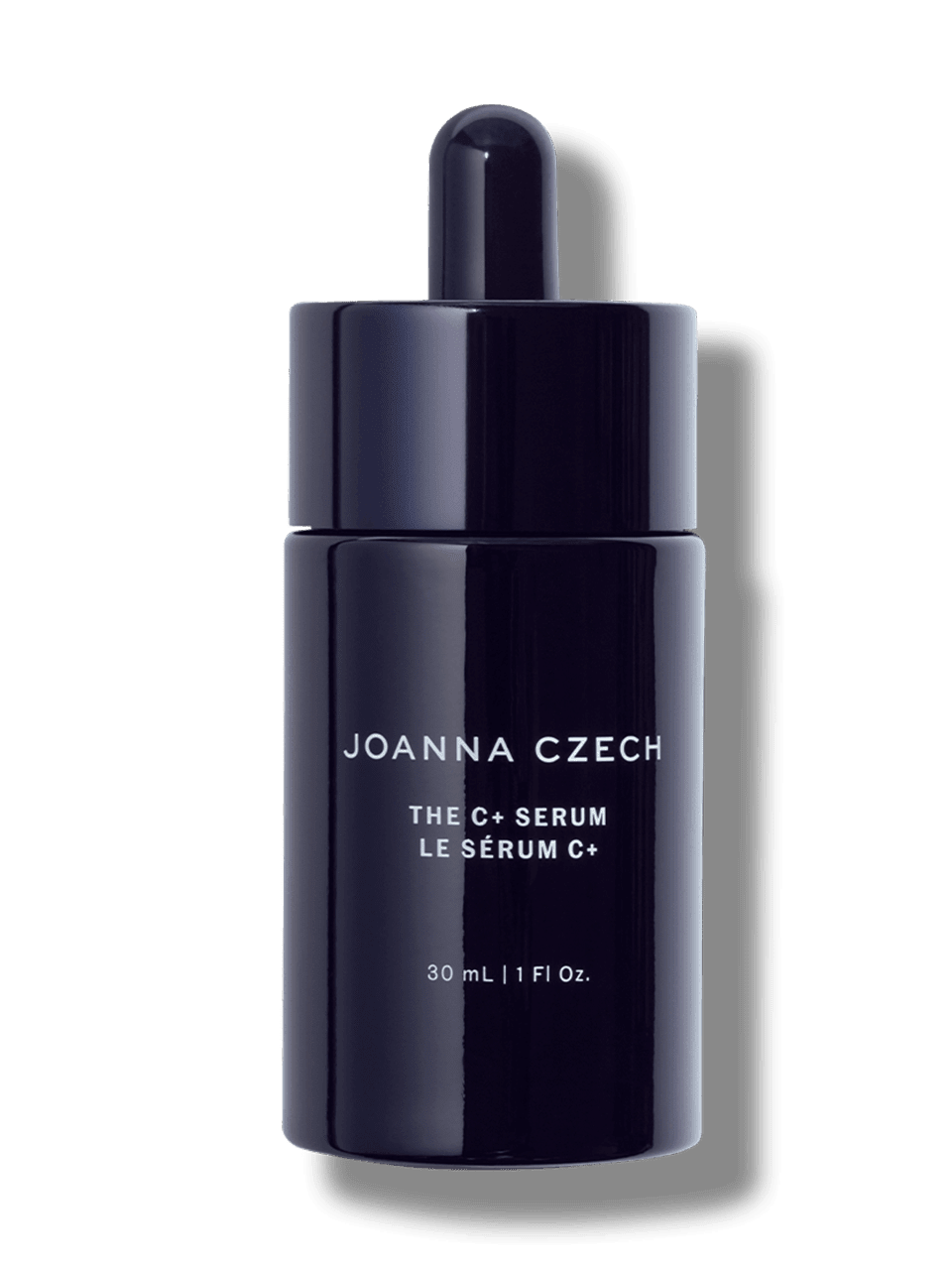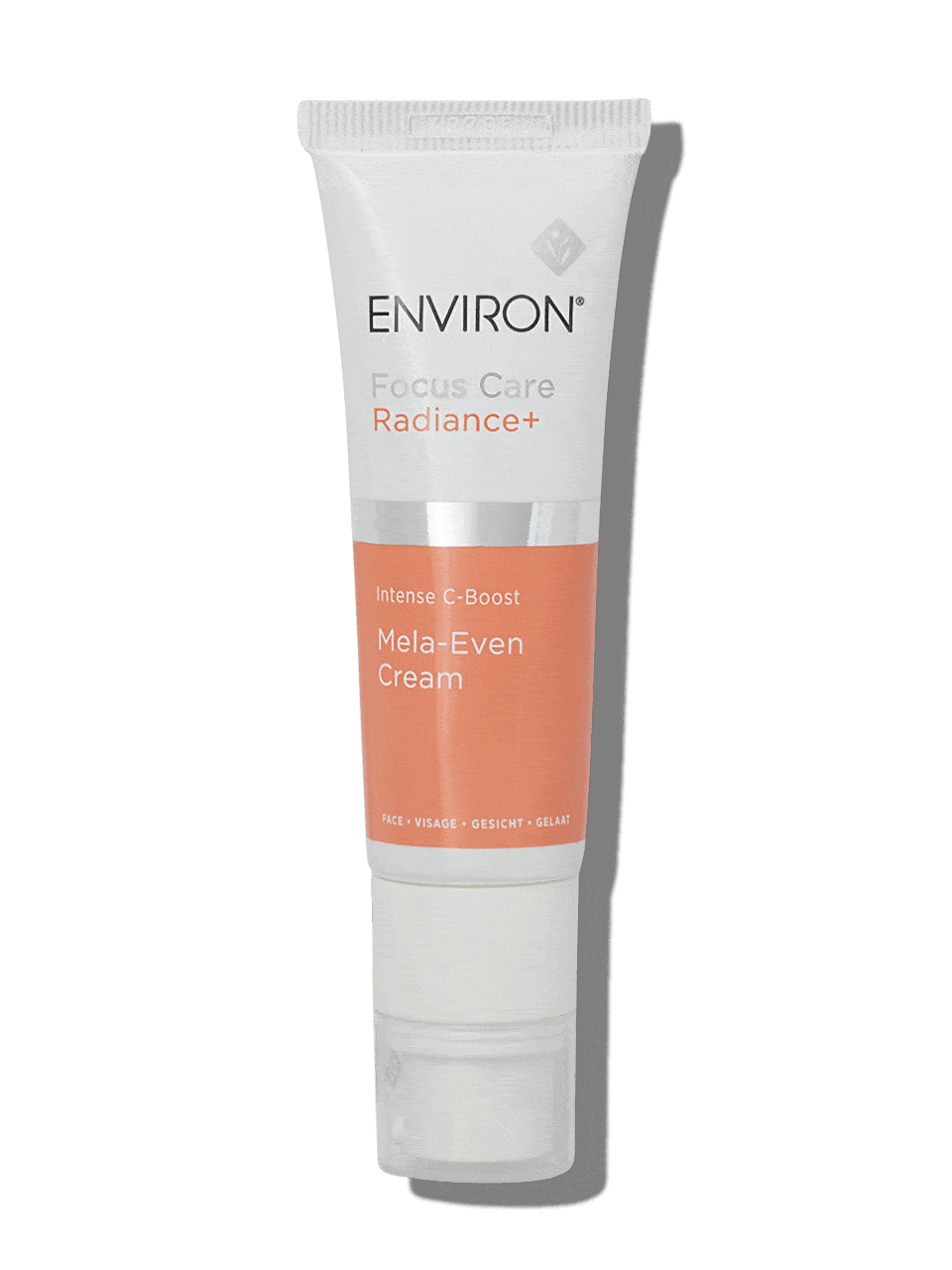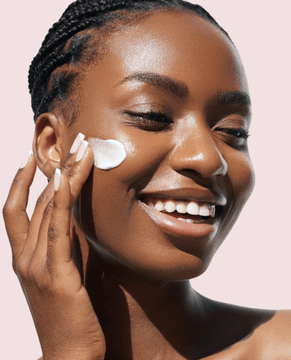The Ultimate Guide to Vitamin C for Skincare in 2024

The Ultimate Guide to Vitamin C for Skincare in 2024
As we start a new year, you might think that it's time to change up your skincare routine completely. While I'm always curious about the latest science and technology in skincare, there are certain ingredients that I'll continue to use and recommend to my clients due to their proven effectiveness and consistent positive results. Often, these tried-and-true classics are skincare staples for good reason. One such ingredient is the powerful antioxidant, vitamin C.
Here's everything you need to know about vitamin C for your skin so you can ensure you're using the right products to achieve a glowing, healthy complexion in 2024.
The Science Behind Vitamin C's Antioxidant Properties
The spotlight in skincare often falls on antioxidants, and one superstar in this category is vitamin C. Its exceptional antioxidant properties have made it a staple in the industry, significantly contributing to skin health.
You may have heard of the benefits of vitamin C for your skin, such as brightening and promoting a glowing complexion. The potent ingredient works its magic by neutralizing free radicals, the unstable molecules generated through various environmental factors, such as UV radiation and pollution, which can wreak havoc on our skin cells. Vitamin C steps in as a scavenger, donating electrons to stabilize these free radicals, thus preventing them from causing oxidative stress and damaging cellular structures.
Vitamin C Benefits for Skin
By neutralizing these harmful molecules, antioxidants help protect the skin from oxidative stress, minimizing the risk of premature aging. Science-backed studies confirm vitamin C skincare reduces the amount of free radical formation caused by UV rays, protecting skin from further damage and helping maintain a healthy complexion.
Topical application also plays a notable role in collagen production and regulating the collagen/elastin balance in the dermis. Collagen is a structural protein crucial for skin elasticity, firmness, and reducing the appearance of fine lines and wrinkles.
Even more, vitamin C is renowned for its effectiveness in brightening dark spots and fading hyperpigmentation. A study by The American Academy of Dermatology emphasizes vitamin C’s ability to inhibit melanin production, the pigment responsible for dark spots.
How to Choose the Right Vitamin C Product For Your Skin
There are six types of vitamin C used in skincare, and each has its own set of pros and cons. By choosing the right form, you’ll have increased absorption through the skin, higher stability, and less potential for irritation.
The most efficient delivery systems of vitamin C are Ascorbyl Tetraisopalmitate and Tetrahexyldecyl Ascorbate (THDA), the latter of which is in my C+ Serum.
Your dermatologist or esthetician will be able to advise you on the best vitamin C product for your skin type. However, these three products are my go-to's and yield excellent results:
How to Introduce Vitamin C into Your Skincare Routine
Serums are the best delivery system for vitamin C because they are the most concentrated skincare product. And since they are applied directly after cleansing and toning, you'll get maximum absorption. Next to serums, creams or facial oils are best as they are still readily absorbable. However, I don't find vitamin C cleansers and masks to be as effective since they wash off.
Although you can certainly use it at night, vitamin C is incredibly effective as a daytime serum. The high antioxidant content fights free radicals from UV rays and pollution in the air as you go about your day. Remember, vitamin C can't replace sunscreen, but it can boost its effectiveness.
If you're using the products I recommend, you should be able to apply once a day without adverse reactions. However, using formulations with L-ascorbic acid or high concentrations may require introducing vitamin C slowly and applying it every other day until skin becomes accustomed to it.
Does Vitamin C have any side effects to your skin?
The side effects you may experience from vitamin C skincare depend on the ingredients and formulation of the product itself. L-ascorbic acid is the most readily available and affordable form of vitamin C in skincare. Typically, L-ascorbic acid products have a lower pH, at around 3.5, to optimize absorption and anti-aging benefits. However, sensitive skin types should be wary since products below the skin's natural pH level of 5-7 can cause irritation.
In addition to irritation, L-ascorbic acid can also cause sun sensitivity and oxidizes quickly when exposed to light and air. Dark glass packaging with air-restrictive pumps can help keep the formulations stable.
As I mentioned earlier, if you pay attention to ingredients, you should be able to avoid side effects when using vitamin C products.
FAQs about Vitamin C in Skincare
Are there products that I should avoid using while using a Vitamin C serum?
Benzoyl peroxide and vitamin C are both potent skincare ingredients, but they can be incompatible when used together due to their chemical reactions. Benzoyl peroxide is known for its oxidative properties, and vitamin C is an antioxidant. When these two ingredients are combined on the skin, there is a risk of the vitamin C being oxidized, rendering it less effective. To maximize the benefits of your Vitamin C serum, consider using it in your morning skincare routine and any benzoyl peroxide at night.
Do I still need a Vitamin C product if I am already protecting my skin with SPF?
While SPF provides crucial protection against harmful UV rays, a vitamin C product remains a valuable addition to your skincare routine. Since vitamin C functions as a potent antioxidant, actively neutralizing free radicals generated by sun exposure, you'll help combat oxidative damage that SPF alone may not address. And let's not forget, vitamin C supports collagen production, aiding in skin resilience and firmness. Think of SPF as your shield against the sun's rays, and Vitamin C as your ally in the fight against free radicals, working together to promote a comprehensive and effective skincare strategy.
Is it possible to use too much Vitamin C on your skin?
Yes, it is possible to overuse vitamin C on your skin. While vitamin C is a powerful antioxidant with numerous benefits, excessive use can lead to potential side effects such as irritation, redness, or dryness. It's crucial to follow the recommended usage guidelines provided by the product or your skincare professional. Typically, incorporating Vitamin C into your routine once a day is sufficient for most individuals. If you experience any signs of irritation, consider reducing the frequency or concentration of vitamin C in your skincare regimen. As with any skincare product, moderation is key to achieving the best results while maintaining skin health and balance.
How long does it take for Vitamin C to be effective on your skin?
Generally, you may experience improvements in skin texture and tone within a few weeks of consistent use. However, it may take a few months for more significant changes, such as reduction in dark spots or fine lines. Consistency is key—applying Vitamin C regularly, preferably once or twice a day, will enhance its efficacy. Factors like individual skin type and specific concerns also contribute to the timeframe. Remember, patience is crucial when integrating Vitamin C into your skincare routine, as the long-term benefits for skin health are well worth the wait.
As we step into 2024, I encourage you to embrace the science-backed wisdom shared in this guide and elevate your skincare routine with Vitamin C's proven effectiveness.
Explore our meticulously crafted C+ Serum and curated selection of skincare.






